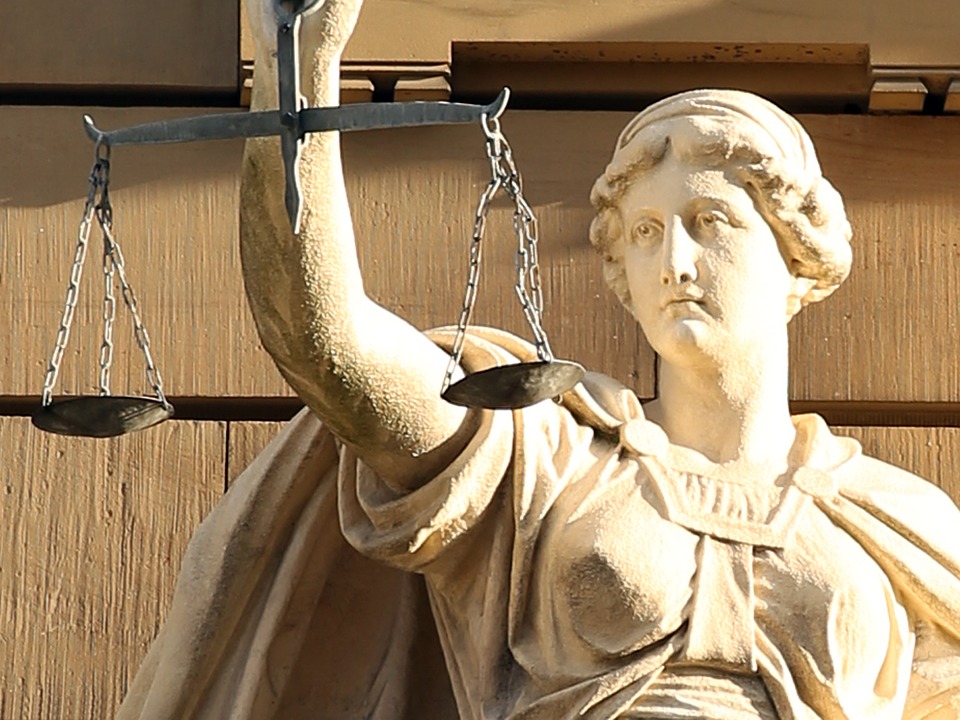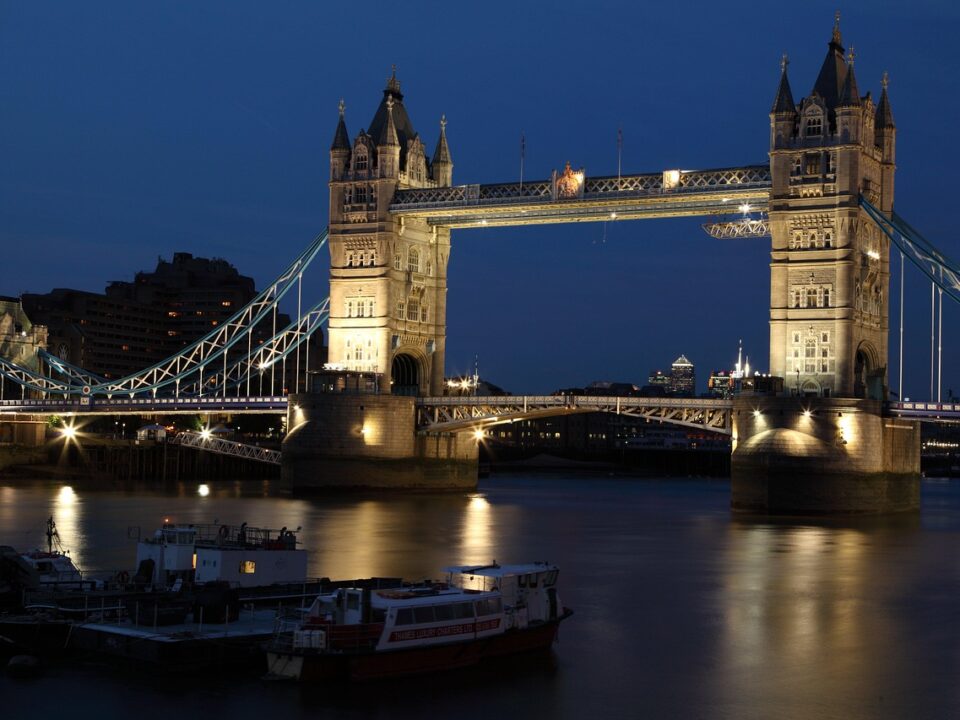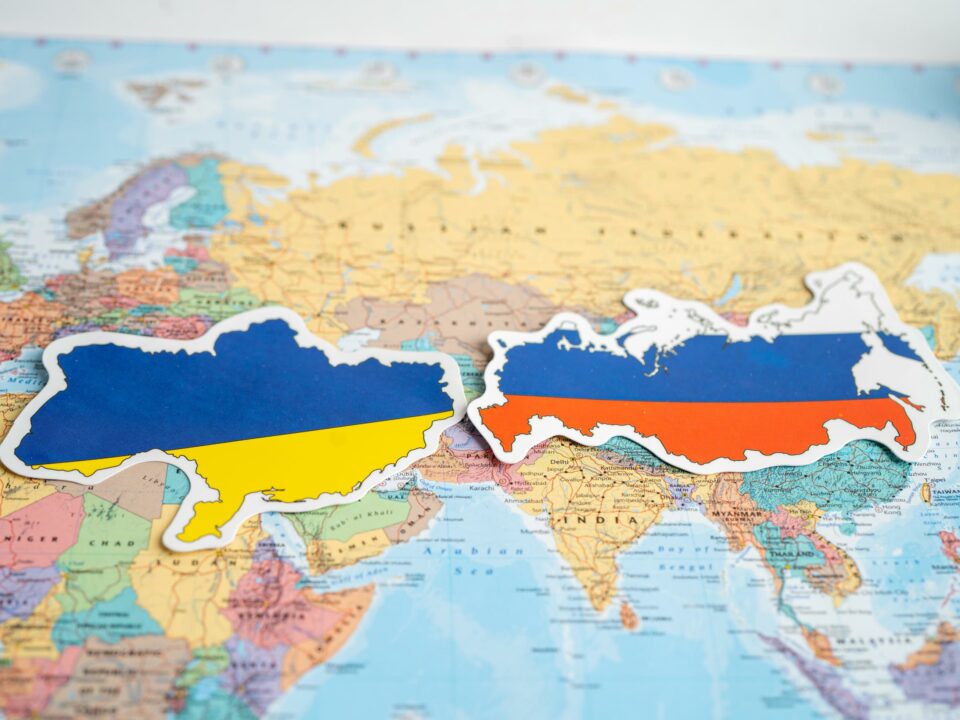
The Cab-Rank Rule – Time For Reform?
February 16, 2015
Infrastructure Act: Attack on Private Ownership Rights: Part 1
March 5, 2015
“The overall objective of these sanctions was detailed as re-stabilising the country…”
The international response to the dispute over the sovereignty of Crimea has been far-reaching, with many Western and European countries opposing the illegal annexation of Crimea and the subsequent destabilisation of its past possessor, the Ukraine.
Europe and the rest of the world’s response, has not been without action and in March 2014, the European Union openly condemned Russia’s acts, which compromised Ukrainian sovereignty. In light of the threat of new sanctions made by German Chancellor Angela Merkel, against Russia if they do not agree and cooperate with a ceasefire, it begs the question as to the effectiveness of these previous sanctions.
The first sanctions made by Europe, the United States and Canada were directed at both Russian and Ukrainian officials and imposed travel bans and asset freezes, due to their involvement in this undemocratic activity. A second round of sanctions imposed by the US targeted the business transactions of Russian officials, as well as further sanctions being distributed amongst the involved officials by the EU.
A third round extended the sanctions to energy firms such as Rosneft and Novatek, a risky move considering Russia’s supremacy over European energy supply. Australia, Japan and even, the usually neutral, Switzerland also later added to the growing pile of sanctions against the Russian and Ukrainian officials involved.
The EU has also prohibited the importing and exporting of certain goods from Crimea and its capital, Sevastopol, as well as prohibiting investments and financial services.
“Russia is just too big and too self-assured to lay down its sword and surrender a small part of its enormous ego at the sacrifice of global harmony…”
The overall objective of these sanctions was detailed as re-stabilising the country, both in its economy and its society, as well as protecting the unity and integrity of the territory, creating a façade of future stability and prosperity for the Ukrainian people through democracy.
In terms of international law, these sanctions have been imposed as a response to Russia’s illegal act of annexing the Republic of Crimea from its mother nation, the Ukraine. What is clear is that the countries imposing the sanctions will not cooperate with Russia, in certain areas, if it does not to comply with these sanctions.
For example, the EU Directive and Regulation, which give effect to these sanctions, are both directly applicable and binding on all its Member States. Therefore, the Russian officials and the Crimean Peninsula will be limited in their engagements with the EU and its countries.
However, this does not mean Russia is limited to complying with these sanctions and their non-compliance with them may prove that Russia is just too big and too self-assured to lay down its sword and surrender a small part of its enormous ego at the sacrifice of global harmony.
“Russia is a big player in the energy market, especially for Europe who cannot survive without Russian energy suppliers.”
The number of countries that have imposed sanctions emphasises a global union in order to combat undemocratic wrongdoings. However, the extent to which some have gone, such as the EU and the US in their sanctions concerning energy sectors, is a contentious issue.
As mentioned previously, the US extended sanctions to Russian energy firms, while the EU has abstained from supporting Russian Black sea oil and gas exploration. Russia responded to this when it ceased to supply gas through Ukraine, instead distributing it through Turkey. This illustrated that it may not be the law that takes primacy in the discourse of reasonable international decorum, but rather energy.
Russia is a big player in the energy market, especially for Europe who cannot survive without Russian energy suppliers. It can be said that these sanctions are a worthy sacrifice for ensuring justice and the natural punishment for breaching justice. However, it would be insensible to deny that it is not purely a game of sanctions and penalties, but that there are a number of other factors which play an integral role in this imbalance of justice and power. Russia described the sanctions as “detached from reality” back in March 2014.
The law is an imperative factor in the discourse between countries and certainly holds its ground when an illegal act has been committed. In this situation, the law acts as a medium by which to really warn Russia, by limiting its economy and therefore, its growth. Nevertheless, although the Crimean crisis has included a multitude of sanctions, the real picture is of a much wider scale, containing a number of different factors and just hints at the difficulties in attaining international unity and compromise.





